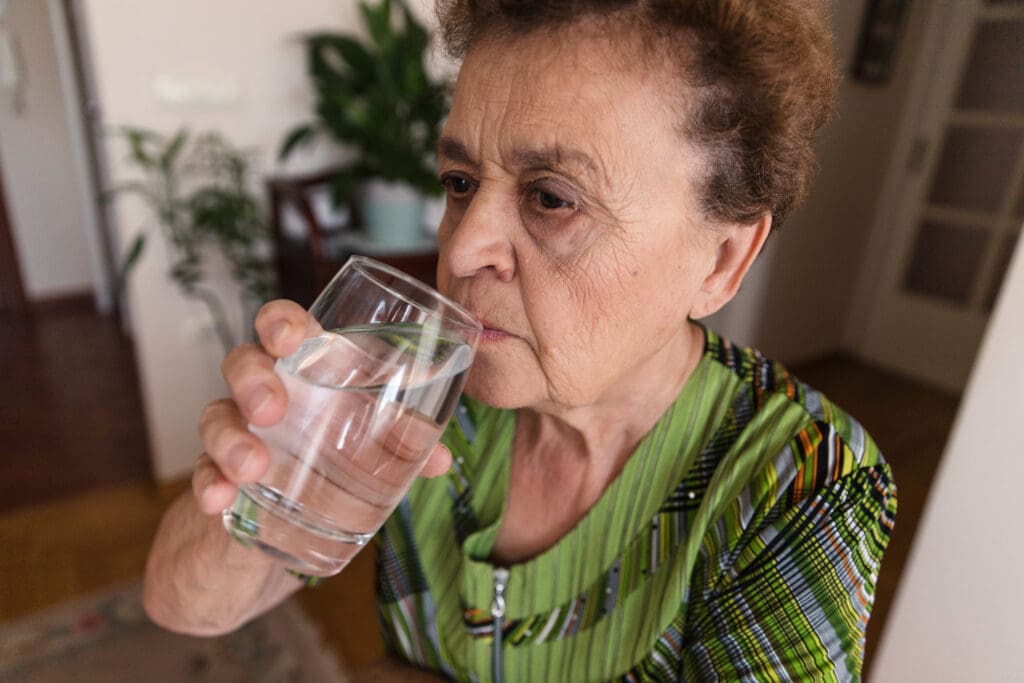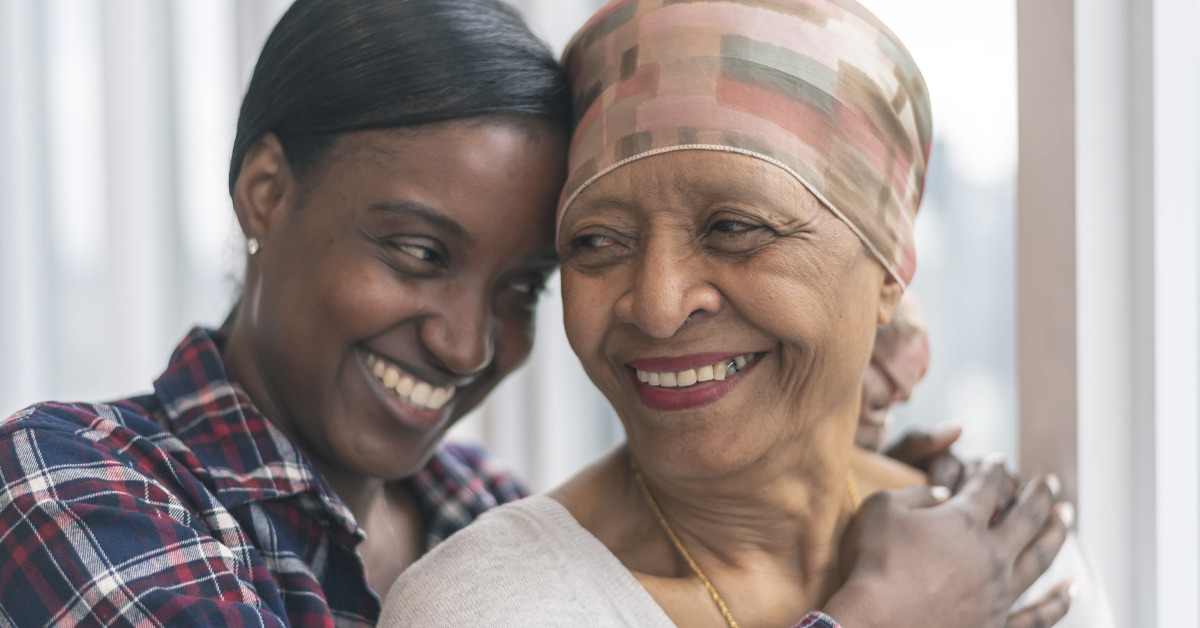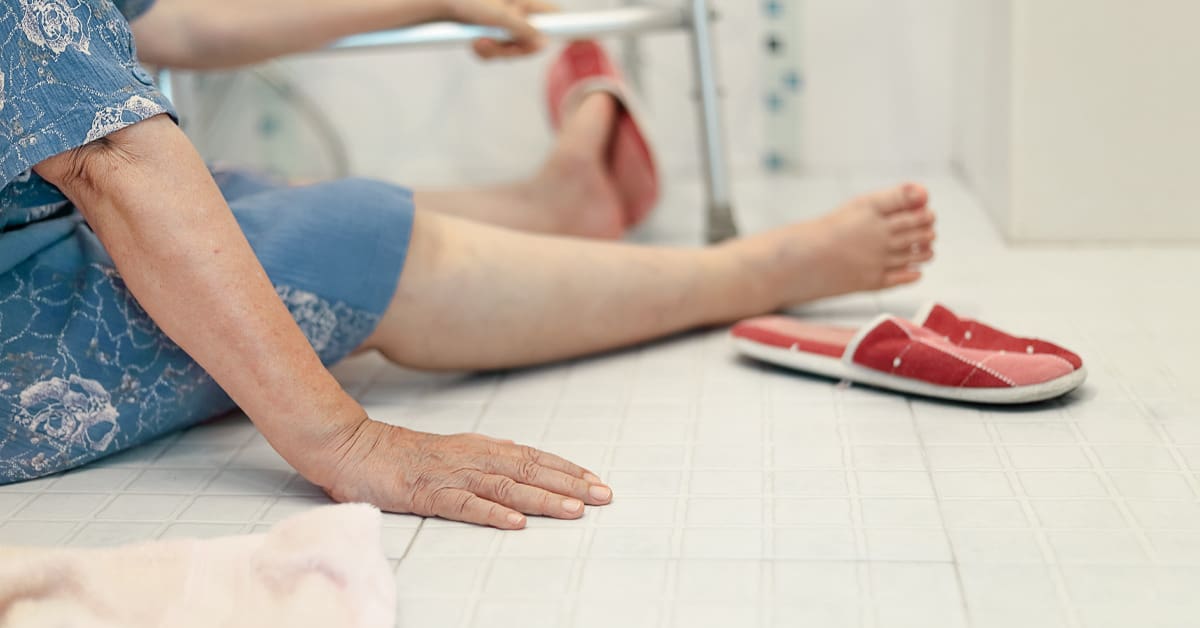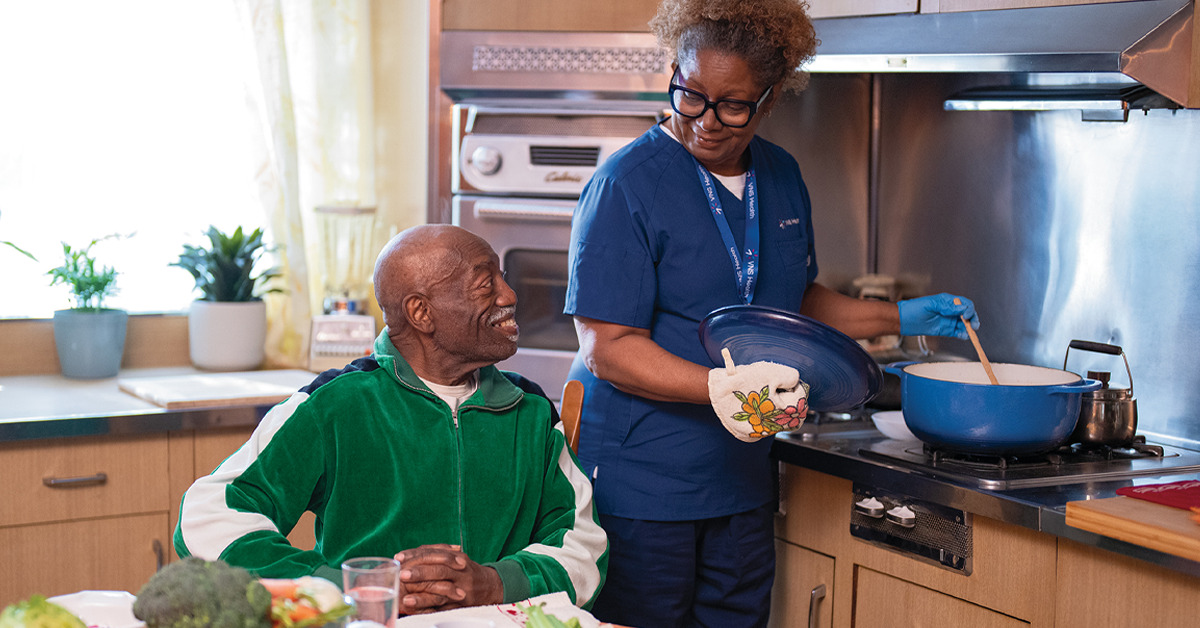Urinary Tract Infections

IDENTIFY AND PREVENT THE MOST COMMON INFECTION IN OLDER ADULTS
Urinary tract infections (UTIs) are extremely common. Women of all ages are prone to them, but elderly men and people with limited mobility, suppressed immune systems, or blockages in the urinary tract due to enlarged prostate or kidney stones are also at high risk. These infections are easily cured, but untreated UTIs can lead to serious problems.
Symptoms
Classic UTI symptoms include cloudy, bloody, or strong-smelling urine, a frequent or urgent need to urinate, pain with urination, low-grade fever, night sweats, and cramping in the lower abdomen. Seniors may display none of those signs. So, also be on the lookout for:
- Confusion
- Agitation
- Extreme fatigue
- Poor motor skills
- Dizziness
- Falling
- Sudden urinary incontinence
- Any abrupt changes in behavior, such as loss of energy or appetite, or the inability to get dressed.
The single best sign of a UTI in an older person is often a sudden change in behavior.
Preventive Measures
Some simple steps to help prevent UTIs include:
- Drink at least 64 ounces (eight 8-ounce glasses, or four 16-ounce glasses) of water a day.
- Urinate when the urge arises and empty the bladder completely. Holding it in can lead to bacterial growth.
- Wipe from front to back.
- Avoid alcohol and caffeine.
- Urinate after sexual intercourse.
- Wear cotton underwear. Change daily.
- Avoid feminine hygiene products such as douches and powders.
- Shower, rather than bathe, if possible. Always keep genital area clean.
- Limit use of catheters in those with limited or no mobility.
Avoiding UTIs altogether is, of course, the best. But knowing that they can show up in seniors without any hallmark symptoms can ensure treatment before more serious health problems develop.


